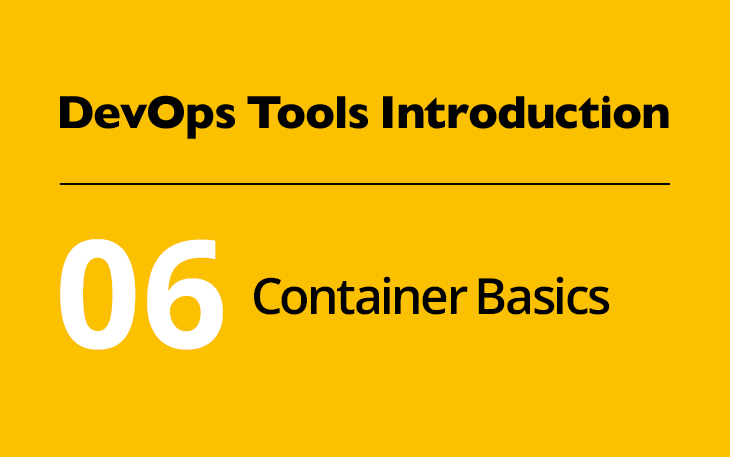DevOps Tools Introduction #06: Container Basics

Container virtualization is one of the major technologies behind modern software architectures. While the concept of container virtualization is rather old, new tools extend the pure virtualization components with numerous features that facilitate the deployment of containerized software. Docker is the most prominent project in that field. Objective 702.1 of the DevOps Tools Engineer certification focuses entirely on container virtualization using Docker.
To get started with Docker, visit the Play with Docker Classroom. Here you’ll find practical exercises which give you access to a remote Docker installation so you can start right away. To access the interactive labs, you’ll need a Docker ID which you can create for free at Docker Hub.
Once you got your Docker ID, you can choose to follow the operator’s or developer’s walk-through. Both tracks contain a lot of explanations and practical exercises. To ensure you capture all the knowledge in there, I recommend following both tutorial series. Furthermore, I highly recommend joining Jérôme Petazzoni and AJ Bowen in their comprehensive Introduction to Docker and Containers.
After completing the Play with Docker labs and working through the Docker workshop slides, open the original Docker documentation to dig into some of Docker’s details. Start with the Docker overview. Then, follow up with the major components of a container, which are networks, storage and volumes.
You should also review the Dockerfile reference and familiarize yourself with all of its options. To make sure your Dockerfiles rock, take a look at the best practices for Dockerfiles.
Comprehensive information on how to build a Dockerfile is available in the docker build reference documentation. Once you’re already in the command line reference, take this opportunity to also review all the docker commands you used in the previous exercises. Experiment with what else these commands can do. You don’t have to read the whole reference, just make certain that you’re comfortable with the tasks that the LPI objectives require you to perform.
The resources, mentioned today, occasionally talk about Docker Swarm. Bookmark these references for next week, when we’ll come to the details of Docker Swarm, Kubernetes and container orchestration.
